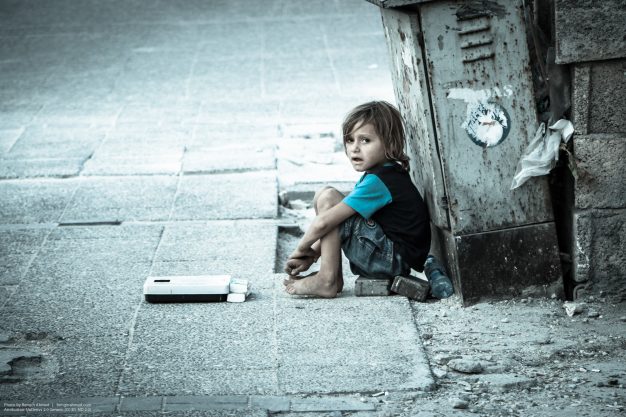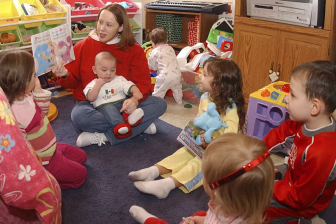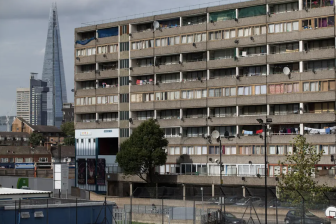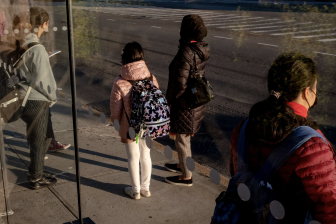
‘First Years First Priority’ aims to help stop children growing up in poverty
Investing in a child’s early years must be a priority if poverty is to be tackled effectively, says influential children’s rights champion Eurochild, which is leading a new awareness campaign.
Children’s early years, it says, are fundamental for their healthy development and well-being and have a long-term impact. Furthermore, enabling families and caregivers to provide nurturing care, from pregnancy and throughout infancy and early childhood, is essential for children to survive and thrive.
But it remains the case that across Europe, children are living in deprived environments and suffering social exclusion in the formative years of their life. Eurochild says that early childhood development is not always a priority, with fragmented policies and insufficient investment.
First Years, First Priority
“Unfortunately, Covid-19 has exposed and exacerbated pre-existing inequalities and exclusion, pushing families further into poverty and impacting children’s physical and mental health, education and safety,” it says. “National responses to the pandemic have not always supported families with young children, or the support has been limited and short-term. While some countries have prioritized early childhood development, the pandemic was a warning for all countries to adopt multi-sectoral interventions and national strategies to tackle poverty, starting from children’s very early years.”
A coalition of Eurochild and the International Step by Step Association, plus the European Public Health Alliance and Roma Education Fund, is leading the ‘First Years, First Priority’ campaign to increase political attention to, and public investment in, early childhood policies and services.
This campaign focuses on children who are most vulnerable, including children with disabilities, Roma and Traveller children, migrant and refugee children, children at risk of entering, or in, alternative care, and those in extreme poverty. It also prioritises children from birth to 6 years, with a special attention to the first 1,000 days.
Are early years prioritised in the EU?
Eurochild says that the European Commission’s proposal for a Child Guarantee, published on 24 March, aims to improve access to essential services and provide much-needed support for families. It believes that, with enough political will, this development ‘has the potential to improve the lives of young children, by catalysing national investments and reforms so that all families and children have adequate housing, healthy nutrition, access to healthcare and quality early learning and childcare’.
But this will only happen, it adds, with dedicated and sustained national efforts to address exclusion and discrimination to ensure that services are accessible to the most disadvantaged groups who face particular barriers in accessing essential services, including maternal and newborn healthcare.
“This is why, regretfully, the Child Guarantee needs a more comprehensive understanding of early childhood development and we regret that maternal health is not included.”
The EU Strategy on the Rights of the Child, also launched on 24 March, represents a milestone for the protection and promotion of children’s rights across the EU, and beyond. Very young children are often overlooked in debates and initiatives on children’s rights, but respecting their rights from the earliest age is a key component of the UN Convention on the Rights of the Child. The Strategy recognizes that every child has the right to an adequate standard of living and to equal opportunities, from their earliest years.
Together, the EU Child Guarantee and the EU Strategy on the Rights of the Child provide a strong framework for governments to increase public investment and support for early childhood and empower and strengthen vulnerable families and communities.




